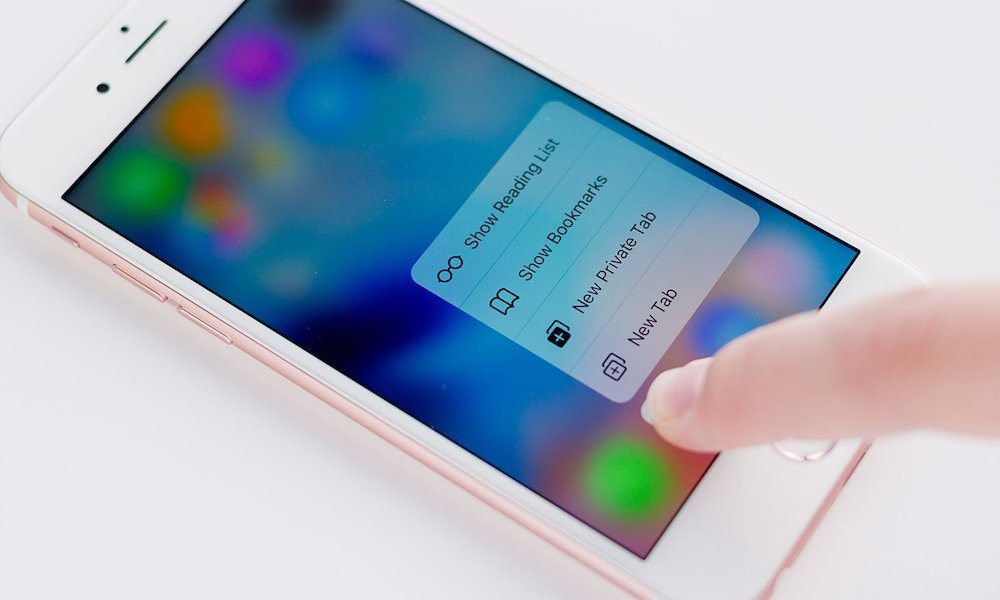iPhone Slowdowns Spark $999 Billion Apple Class Action Lawsuit
 Credit: Mac World
Credit: Mac WorldToggle Dark Mode
Apple has been hit with at least eight class action lawsuits in the wake of its confirmation that it slows down older iPhones as their batteries degrade.
One of the lawsuits levied at Apple, filed by Violetta Mailyan in California, is asking for $999 billion in damages, according to Patently Apple, which first spotted the suit on Dec. 25. The nearly $1 trillion suit alleges that iPhone owners were forced to buy newer devices since their older phones had been purposefully throttled.
The $999 billion suit also states that Apple could have been transparent about the fact that it slows down older iPhones — allowing consumers to alleviate performance issues by replacing a battery rather than just outright buying a new device.
Of course, it probably doesn’t help that Apple only came forward and confirmed the fact after a series of reports revealed the intentional throttling — including a Reddit user whose post has accumulated nearly 1,100 comments.
Geekbench founder and Primate Labs researcher John Poole followed up with a series of tests that corroborated the Reddit post. Finally, iOS developer Guilherme Rambo actually discovered the Powerd failsafe hidden within all versions of iOS released since “last year.” Apple officially confirmed that iOS throttles old devices last week. The company says that it’s a precaution to “smooth out” performance, prevent random shutdowns, and to protect against important components getting fried.
Asking for $999 billion in damages is a bit ridiculous, but the massive suit isn’t the only one. According to Reuters, there are at least eight federal lawsuits against Apple currently, filed in U.S. District Courts in California, New York and Illinois. Reportedly, a similar case was filed in Israel on Monday.
One of the U.S. cases is being represented by Jeffrey Fazio, the same attorney who won a $53 million settlement against Apple over iPhone warranty claims. The lawsuit alleges that “the batteries’ inability to handle the demand created by processor speeds” is a battery defect, and Fazio said that Apple intentionally chose to conceal that defect.
There are other significant implications for Apple, too. Specifically, how the “Powerd” failsafe plays into the planned obsolescence narrative — which is a theory that Apple maliciously kills its older devices to get consumers to purchase new ones. iDrop News has debunked that conspiracy before, but the “Powerd” fiasco certainly doesn’t help Apple’s case here.
But despite the flurry of negative media attention, some people don’t think Apple has done anything wrong. Chris Hoofnagle of the Berkeley Center for Law & Technology told Reuters that “we still haven’t come to consumer protection norms” surrounding aging products. Apple could have done the right thing. Hoofnagle gives the example of an aging device with a significant security flaw. According to him, the ethical approach to that situation could be to degrade or even disable functionality entirely.
The lawsuits — including the $999 billion complaint — all seek financial compensation, as well as reimbursements in some cases. Additionally, a couple of the suits are asking for courts to bar Apple from throttling speeds in the future, or requiring the company to notify consumers when it does.






